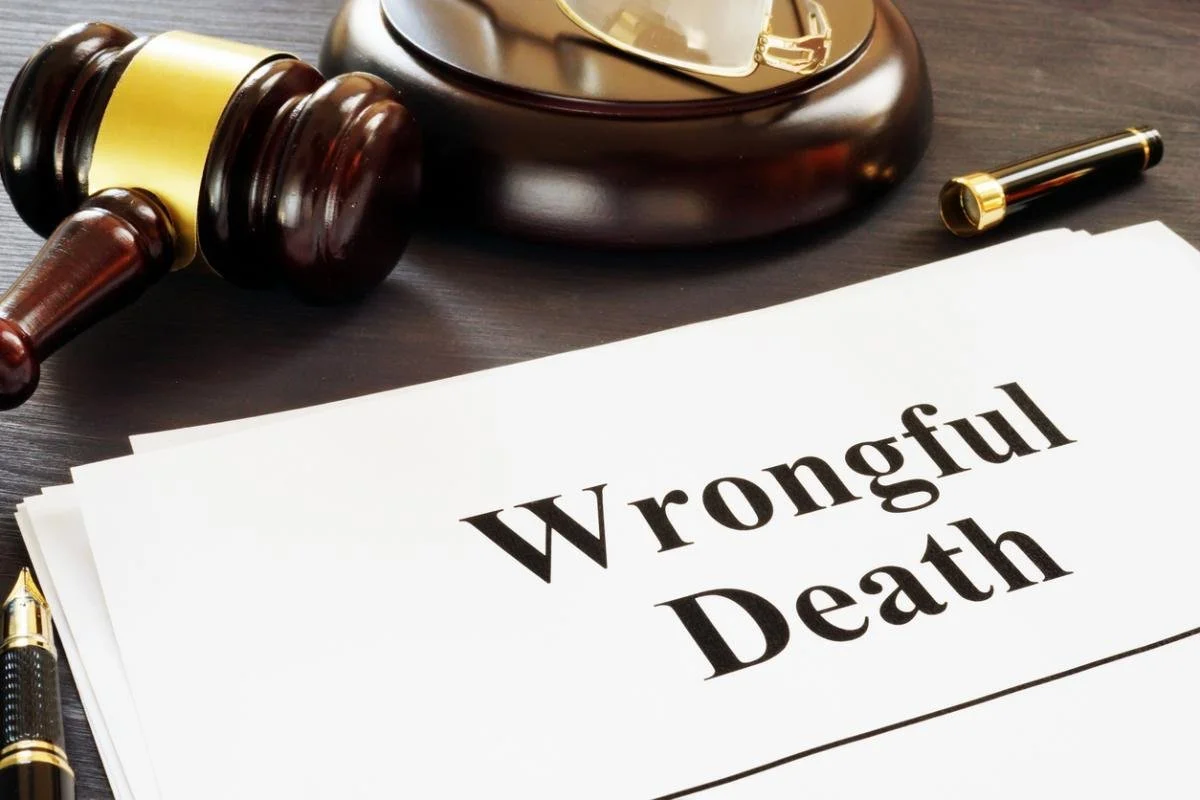$130 Million Settlement Ends Wackenhut Security Meal & Rest Break Case
/After nearly fifteen years of litigation, G4S Secure Solutions (formerly Wackenhut Corporation) agreed to pay up to $130 million to resolve a California wage-and-hour class action. The case alleged that thousands of security guards were denied legally required meal and rest breaks and received inaccurate wage statements. At the time, the settlement ranked among the largest wage-and-hour class settlements in California history.
Case: Lubin et al. v. Wackenhut Corp.
Court: Los Angeles County Superior Court
Case No.: B244383
The Plaintiff: Lubin et al. v. Wackenhut Corp.
The plaintiffs were a class of approximately 13,500 nonexempt security officers employed by Wackenhut/G4S in California. They claimed the company’s policies routinely forced them to work through meal and rest breaks without proper compensation and failed to provide accurate wage statements.
The Defendant: Lubin et al. v. Wackenhut Corp.
The defendant, Wackenhut Corporation (later rebranded as G4S Secure Solutions), was one of the largest private security contractors in the United States. The company faced allegations that its policies violated California’s stringent wage and hour laws, exposing it to massive financial liability.
A History of the Case: Lubin et al. v. Wackenhut Corp.
Plaintiffs originally filed suit alleging meal and rest break violations and inadequate wage statements.
The trial court granted class certification, but later, after the Supreme Court’s Wal-Mart v. Dukes decision, Wackenhut moved for decertification.
The trial court granted the decertification, but the plaintiffs appealed.
The California appellate court held that the trial court misapplied Wal-Mart by extending its reasoning on statistical evidence too far. It reversed the decertification, allowing the class claims to proceed.
Following further litigation and clarification of the use of statistical sampling in class actions, as seen in Tyson Foods v. Bouaphakeo, the case progressed toward settlement.
On January 22, 2019, G4S agreed to pay between $100 million and $130 million to resolve the claims.
The Main Question Being Considered: Lubin et al. v. Wackenhut Corp.
The central question was whether Wackenhut/G4S’s policies denied security officers their legally mandated off-duty meal and rest breaks and whether statistical sampling could be used to prove widespread violations across the class.
Why This Case Matters: Lubin et al. v. Wackenhut Corp.
It underscores the steep cost of failing to comply with California’s meal and rest break requirements.
It clarified that class actions may rely on statistical evidence to demonstrate common violations when appropriate.
For workers, the settlement represents one of the largest recoveries for missed break claims in California, affirming that wage protections apply even when an employee is technically off-duty.
For employers, the case serves as a cautionary tale: ignoring California’s strict break and wage statement rules can result in substantial financial exposure.
FAQ: Lubin et al. v. Wackenhut Corp.
Q: How much did G4S agree to pay to settle the case?
A: Up to $130 million, with payments covering back wages, penalties, and attorneys’ fees.
Q: How many workers were affected by this lawsuit?
A: Approximately 13,500 security guards were employed in California during the nine years covered by the class action.
Q: What were the main violations alleged?
A: Missed meal and rest breaks, on-duty meal periods without valid agreements, and inaccurate wage statements.
Q: Why did the trial court originally decertify the class?
A: It relied on Wal-Mart v. Dukes to argue that statistical sampling could not be used; however, that reasoning was later rejected on appeal.
Q: What does California law require for meal and rest breaks?
A: Nonexempt employees must receive a 30-minute off-duty meal break by the end of the 5th hour of work (and a second off-duty meal break by the 10th hour) and a paid 10-minute rest break every four hours. Employers who fail to provide them owe an additional hour of pay per violation.
If your California employer has denied you meal or rest breaks or pressured you to work through your legally protected break times, you may have legal claims. Contact Blumenthal Nordrehaug Bhowmik DeBlouw LLP: our employment law attorneys in Los Angeles, San Diego, San Francisco, Sacramento, Riverside, and Chicago are ready to help.




